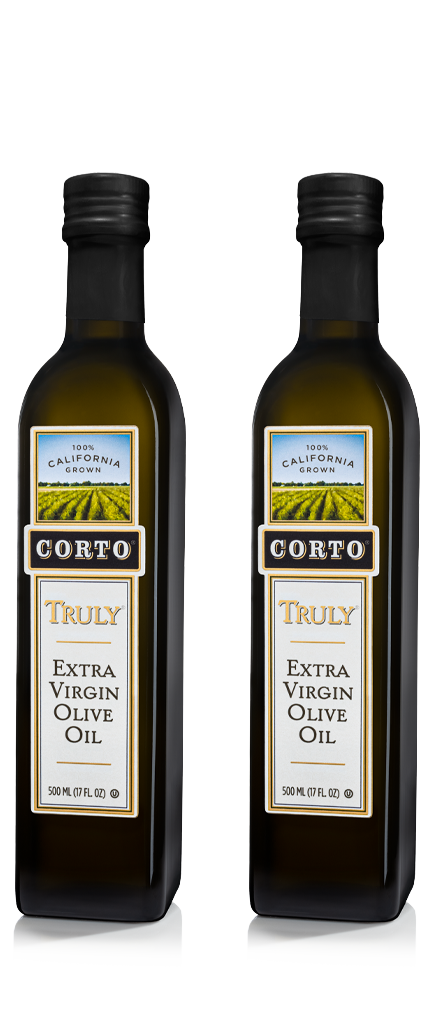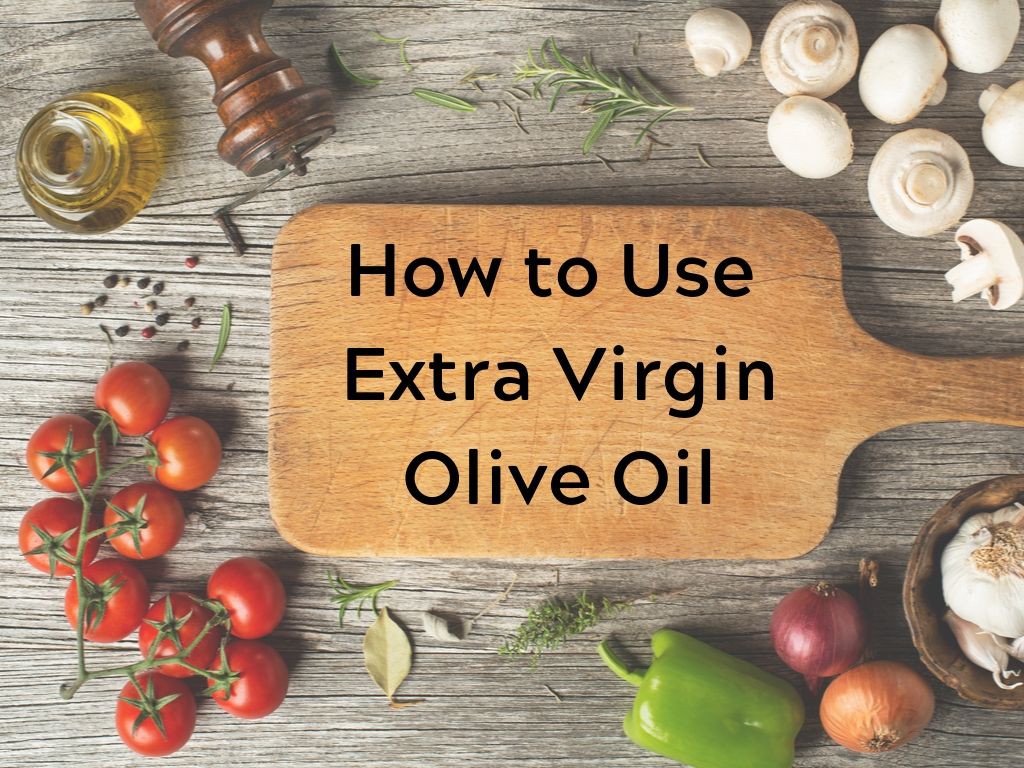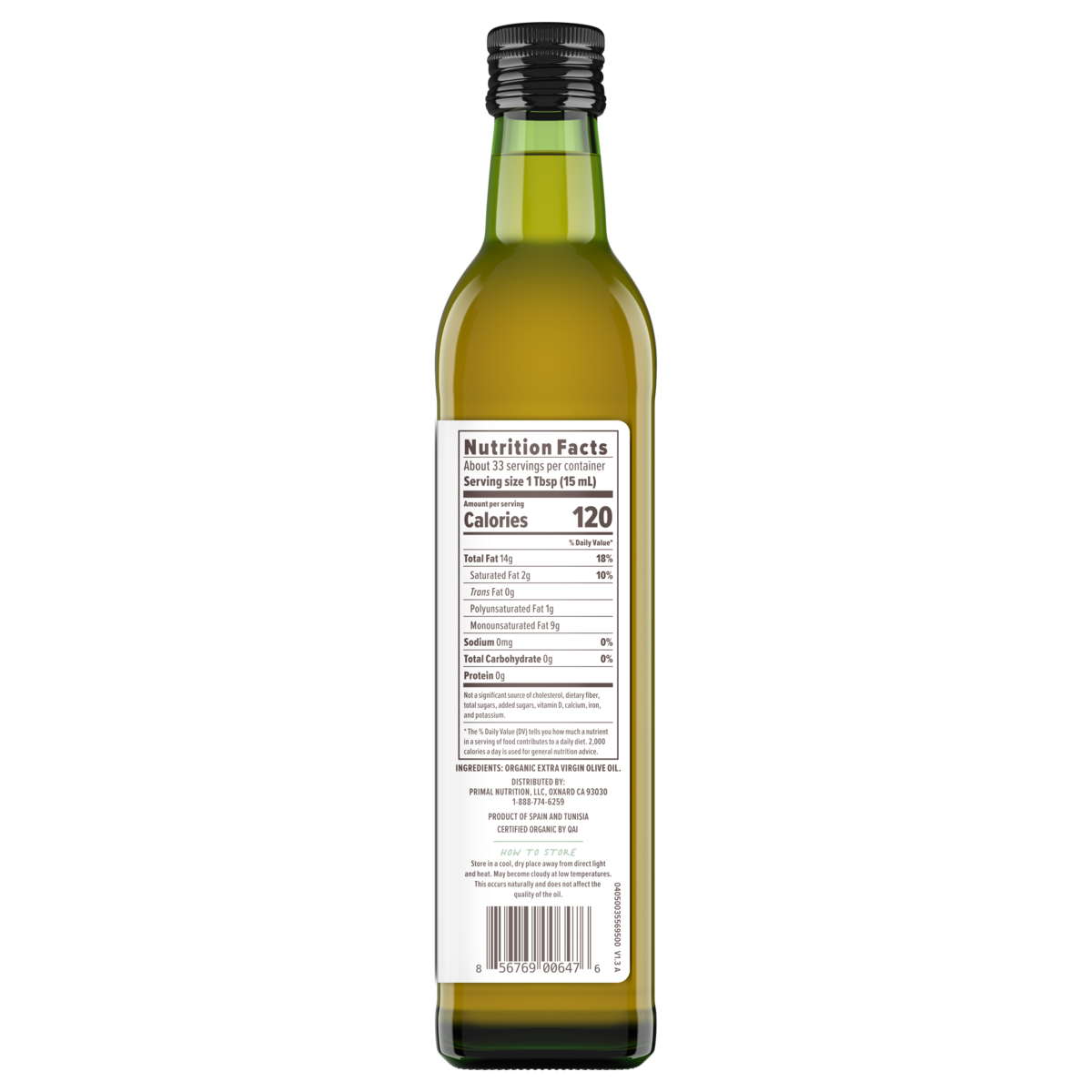Extra Virgin Olive Oil Benefits: The Natural Anti-aging Solution You've Been Searching For
Extra Virgin Olive Oil Benefits: The Natural Anti-aging Solution You've Been Searching For
Blog Article
Discovering the Various Kinds Of Olive Oil and Their Usages, Including Bonus Virgin Olive Oil
The expedition of olive oil encompasses a varied array of types, each offering unique flavors and culinary applications. Additional virgin olive oil, renowned for its superior quality and health and wellness advantages, offers as a staple in many kitchen areas, yet it is just one aspect of this complex active ingredient.
What Is Olive Oil?
Acquired from the fruit of the olive tree, olive oil is a staple in Mediterranean cuisine and a key component in various cooking applications. This functional oil is produced by pushing entire olives, resulting in a liquid that differs in taste, scent, and shade relying on the kind of olives made use of, the region of growing, and the extraction process. Olive oil is mainly made up of monounsaturated fats, especially oleic acid, which is understood for its prospective health and wellness benefits, including anti-inflammatory residential properties and cardiovascular support.
Along with its cooking uses, olive oil has a long history of application in typical medicine and skincare, owing to its rich antioxidant web content (extra virgin olive oil benefits). The oil is typically used in dressings, sauces, and for cooking approaches such as sautéing and roasting. Its unique taste account can enhance the taste of numerous meals, making it an essential ingredient for both home cooks and professional cooks
In addition, olive oil is celebrated for its role in the Mediterranean diet plan, which is related to various health advantages. As understanding of these benefits grows, olive oil continues to gain popularity worldwide as a basic element of a healthy and balanced way of living.
Sorts Of Olive Oil
Understanding the different types of olive oil is vital for both health-conscious customers and culinary enthusiasts. Olive oil is identified mainly based upon its extraction technique and top quality, which significantly impacts its fragrance, flavor, and wellness benefits.

Light olive oil, in spite of its name, describes a lighter taste and not reduced calories. It is suitable for those looking for a more refined preference in marinades and dressings. In addition, there are flavorful olive oils instilled with herbs, seasonings, or citrus, which can improve dishes without the requirement for additional flavoring.
Each kind of olive oil serves specific cooking functions, and comprehending these differences enables consumers to make informed choices that align with their cooking designs and wellness objectives.
Extra Virgin Olive Oil
Bonus virgin olive oil (EVOO) is extensively considered as the finest olive oil offered, celebrated for its abundant taste and various health and wellness benefits. To be categorized as added virgin, the oil has to be created from fresh olives utilizing mechanical processes, without the use of solvents or extreme heat. This precise technique protects the oil's natural flavors, anti-oxidants, and healthy and balanced fats, causing an item with a reduced level of acidity degree of much less than 0.8%.
EVOO is abundant in monounsaturated fats, especially oleic acid, which is linked to decreased swelling and enhanced heart health. It additionally contains polyphenols, powerful antioxidants that might provide protective results against persistent conditions. The taste account of EVOO can differ significantly depending upon the olive variety and region of manufacturing, varying from grassy and fruity to robust and peppery.

Culinary Use Olive Oil

In cooking, olive oil can be used for sautéing, toasting, and cooking, offering a much healthier alternative to butter or other fats. Its high smoke factor makes it appropriate for various cooking approaches, while its anti-oxidants contribute to a heart-healthy diet. Showering olive oil over ended up dishes, such as pasta, fish, or barbequed veggies, can elevate tastes and include a touch of beauty.
Additionally, olive oil plays a significant role in baking, where it can replace typical fats in dishes for bread why not look here and pastries, giving moisture and a refined preference. It additionally works as a base for instilled oils, allowing cooks to experiment with flavors such as garlic, natural herbs, or chili, further expanding its culinary possibility. Overall, olive oil's convenience makes it important in both home and expert cooking areas.
Deciding On High Quality Olive Oil
When choosing high quality olive oil, it's vital to think about numerous essential factors that influence the item's fragrance, health, and flavor benefits. First and foremost, choose extra virgin olive oil (EVOO), which is obtained from the initial cold pressing of olives and includes the highest levels of anti-oxidants and helpful compounds. Seek oils that are accredited by identified companies, as this often makes certain adherence to rigid quality requirements.
The product packaging additionally plays a significant role in maintaining the oil's integrity. Choose oils kept in dark glass containers or tins to shield versus light degradation. Take notice of the harvest date; fresher oils offer superior flavor and nutritional worth, so choose products that are within 18 months of their harvest.
Be conscious of the preference; an excellent top quality olive oil must have an equilibrium of fruity, bitter, and sharp notes, indicating its richness and complexity. By reviewing these elements, you can guarantee you are picking the best olive oil for your cooking demands.
Verdict
In summary, the exploration of various kinds of olive oil reveals unique characteristics and applications, with extra virgin olive oil representing the peak of top quality due to its low acidity and great post to read high antioxidant content. Its adaptability in culinary usages boosts tastes in dressings, marinates, and sprinkles. Understanding the different ranges of olive oil enables educated choices in food preparation approaches, promoting healthier techniques while improving the overall gastronomic experience. Quality option stays crucial for optimum benefits.
Derived from the fruit of the olive tree, olive oil is a staple in Mediterranean food and a vital component in different cooking applications.The most typical kinds of olive oil consist of improved olive oil, pure olive oil, and light olive oil.Extra virgin olive oil (EVOO) is widely pertained to as the greatest high quality olive oil offered, well known for its rich flavor and numerous health advantages. Decide for extra virgin olive oil (EVOO), which is derived from the very first cold pressing of olives and contains the greatest degrees of antioxidants and advantageous substances.In summary, the exploration of various kinds of olive oil exposes unique features and applications, with extra virgin olive oil standing for the peak of high quality due to its reduced level of acidity and high antioxidant material.
Report this page